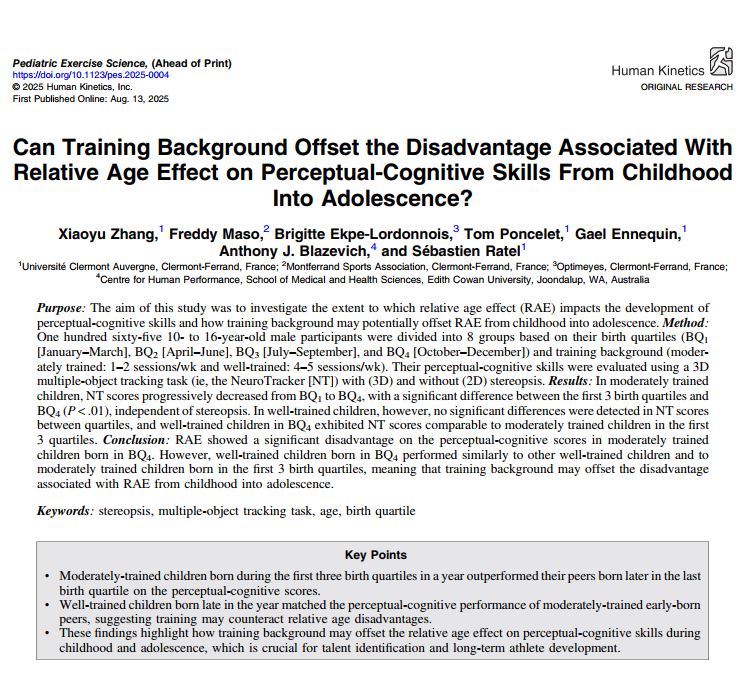Welcome to the Research and Strategy Services at in today's fast-paced.


Dr. Pierre Beauchamp holds a Ph.D. in Sport Psychology (University of Montreal), with over thirty-five years of experience as a sport science consultant and performance coach with the Canadian Olympic Association and Canada’s National Teams for a variety of Olympic Games/World Championships and many International Olympic Committees.
We covered how goalkeepers can gain a mental edge in penalty shootouts in Part I. On the other side, how can shooters gain an advantage given all the tricks that goalkeepers can have up their sleeves? Understanding the key factors for penalty takers seems simple. One study concluded that anticipating the goalkeeper’s movements (keeper-dependent strategy) might degrade penalty kick performance, mainly due to insufficient time to modify the kicking action. Though this will be dependent upon the class of the shooter, Neymar for example is known for his prowess in stuttering his run-up to tease reactions from the goalkeeper, which he can adapt to. The big picture however is the psychological domain, namely anxiety. Research showed that the actual importance of the kicks (indicative of stress) was negatively related to the outcomes of the kicks, whereas skill and fatigue were less, or not, related to outcome.
This turns out to be an overwhelming influencer of performance, with stats showing that players score on fewer than 60% of their attempts when a miss will instantly result in a loss for the team, compared to 92% of their attempts when a goal will win the game. Note that huge difference is not due to factors in the overall game or the competitors, simply the present penalty score line.
The specific effects of anxiety are also backed-up by sports science investigation – it increases the amount of attention paid to the goalkeeper, disrupts gaze behavior, and increases the likelihood that shooters will produce saveable shots much closer to the goalkeeper. These findings come out of Attentional Control Theory, and as someone who specializes in managing psychological and physical stress for optimized performance, I know attentional abilities are critical, particularly selective and sustained attention. It’s a central reason why I founded the Peak Performance Mind Room, geared for building athlete self-regulation and self-control.
For penalty shooters, anxiety in the form of hesitation or inability to focus is an enormous threat to performance, and can directly determine the outcome of soccer cup finals. Yet researchers show that in competitive sports, it’s a double-edged sword that can also enhance performance when honed, regardless of the intensity. The key for soccer players looking to keep form when it matters most, is to be decisive and condition themselves mentally so they are ready and look forward to the challenge to perform no matter the pressure.
You can reach Dr. Pierre Beauchamp by visiting his website: http://www.mindroompsp.com/
“The key for soccer players looking to keep form when it matters most, is to be decisive and condition themselves mentally so they are ready and look forward to the challenge to perform no matter the pressure.”








Welcome to the Research and Strategy Services at in today's fast-paced.

Standardized testing environments combine predefined formats and time limits that narrow how knowledge can be expressed. This interpretive guide help to distinguish structural constraint from reduced cognitive capacity.

Divided attention demands can alter performance through multiple processing streams rather than reducing cognitive capacity. This article interprets how to distinguish structural allocation from diminished ability under environmental constraint.

Reduced action range can alter performance by narrowing what can be physically or perceptually executed rather than diminishing cognitive ability. This article interprets how to distinguishing structural boundaries from capacity limitation.
.png)